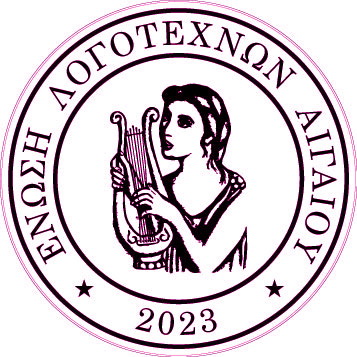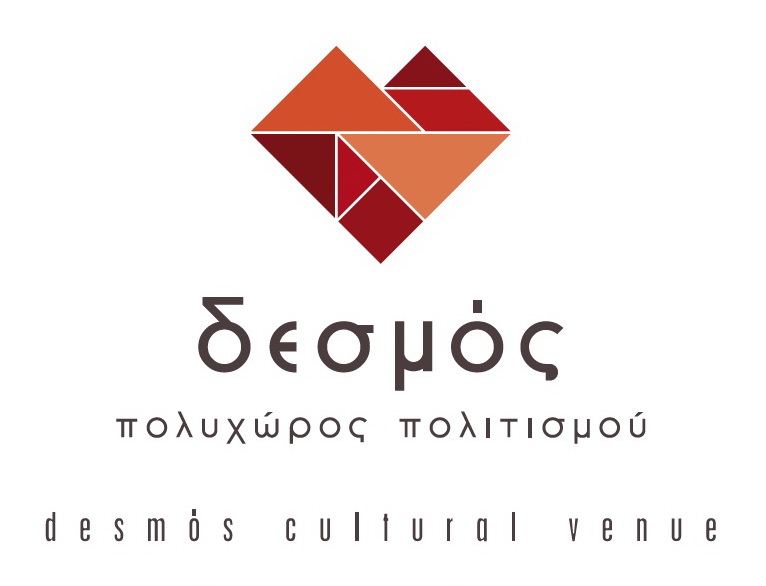Eftaliotis, following the example of Psycharis, when the written word is legitimized only through the use of the katharevousa, makes his own incision and writes in demotic: “to the sacre language of the people, the immortal, the psychoyatraina, and the life‐giving , from whose bowels come the greatest monuments, of the greatest art… The language, which has the ingredients, and is meant to provide the material for national literature”.
He was followed by the great writers of the interwar generation (1920‐1940): Mirivilis, Kontoglou, Venezis, Panselinos, etc.
Stratis Myrivilis, calling him the “father of the Lesbian Spring”, wrote: “Eftaliotis was my great teacher. I first started with him. One of my first short stories is dedicated to him, because from him I learned what language and writing means”.
Yiannis Psycharis called him the “king of storytelling” and Kimon Michailidis argued that “… [the demoticist] Eftaliotis gave us the true, the most cultivated language, full of rhythm and melody, coolness and grace…”.
Kostis Palamas, who particularly appreciated the work of Eftaliotis and maintained a personal friendship with him, noted: “Argyris Eftaliotis gave the signal with one or two others. One must know how the short story was written and who was before them, in order to understand the revolutionary achievement. The stream of Eftaliotis’ elementary school is very clear… If the still unorganized modern Greek theater is ever organized, … ‘Vourkolakas’ will probably be included in the dramaturgy, so that its undoubted value as a groundbreaking can definitely be tested on stage as well”.
Also, Linos Politis wrote that the sonnets Words of love “have their model…the famous sonnets of Shakespeare” and his Island Stories place him in a position equal to that of Papadiamantis and Karkavitsas.
Together with the other two Greeks of the diaspora and pioneers of popularism, Yiannis Psycharis and Alexandros Pallis, Argyris Eftaliotis gave his fight for the language, which he identified with the fight for the homeland: “Instead of a sword in my hand I hold a pen”. For I. M. Panagiotopoulos, the linguistic struggle of Eftaliotis through his multifaceted work – poetic, prose, theatrical, critical, historical and translation – was an “attempt for national salvation”: “Your gunpowder is in your heart , and the volley at the end of your pen… A year of the pen is worth fifty fire and gunpowder.”
As G. Valletas writes, “Eftaliotis valued life through its purposes and ideals. Asking for the definition of happiness, he wrote in a notebook: “Happy in this world seems to me to be the one who came here to do something, who thinks it is good for his fellows and works persistently until the end to do it”.
In 2009, the Library’s treasures were enriched with two volumes from the personal archive of Argyris Eftaliotis, created by the author himself around 1874‐1905. They include manuscripts of his works and a handwritten poem by Psycharis dedicated to Eftaliotis. They also include innumerable selected articles, first publications of works by Eftaliotis and his demoticist sister Eurydice I. Emmanuel, in the Greek and foreign press, as well as reviews of his writings. The handwritten notes of Eftaliotis give them special interest and value.
A part of the archive of Argiris Eftaliotis has been digitized as part of the DIGITAL HERODOTUS project.





